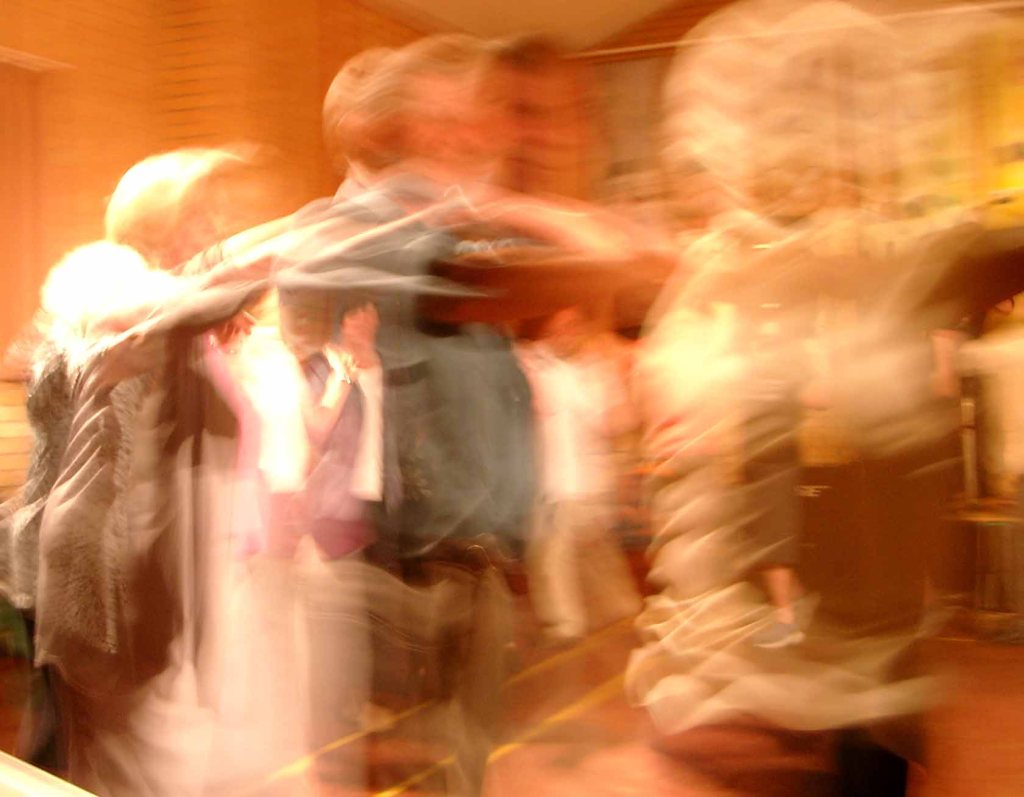
There has been a fantastic growth in community and participatory art during the past 20 years, across the world. A practice that was once marginal – with the strengths and weaknesses that implies – is arguably now the most creative, energised and popular aspect of the non-commercial arts. But there are several reasons why it might not always feel like that to artists and activists, for instance:
- There are many more projects, so even if there is more funding it has to stretch further.
- Much of the art world hasn’t understood the practice or what it means, so it doesn’t get the attention it deserves.
- The culture of evaluation – which has grown up at roughly the same time – is applied disproportionately to participatory art projects.
In fact it seems to be a principle of many arts funders that the less money you get, the more work you have to do to prove its value. An opera house can receive millions in subsidy without being asked for any serious evaluation of its audience impact, but a young people’s theatre project must show how everyone’s lives have been transformed for a few thousand pounds.
As a result, people working in participatory arts can be defensive about the value of their work and frustrated at repeatedly having to provide reports they suspect change nothing, if they are even read. Actually, the reports do create change: the steady accumulation of increasingly strong evidence over 20 years is one reason why there is now so much more work than there was.
But it is only part of the reason – because we are only partly rational beings.
Experience – real, lived, powerful experience, changes people more profoundly than evidence. There is more support for this work among artists, teachers, managers, hospital administrators, prison governors and, yes, politicians because they have seen uplifting shows, visited impressive exhibitions, heard extraordinary performers. They have met people whose lives have been changed by the artistic experiences they have been part of of. Both the art and the artists have spoken directly to these audiences: and the experience has changed minds.
Evaluation is essential to good art. Without systems for independent critical thinking it’s not possible to sustain a creative practice. But evaluation is not monitoring and the evidence it produces is not very good at changing opinions. Experience, on the other hand, does change us. It opens our hearts to new realities. It makes us willing to hear arguments and listen to evidence. The participatory art sector may always need to provide evidence of its value, but it should always remember that belief is a matter of minds and hearts.

Responses
Thank you. This is so true and do encouraging.
LikeLiked by 1 person
I enjoy reading your blogs. Inspiring.
LikeLiked by 1 person